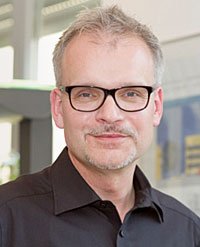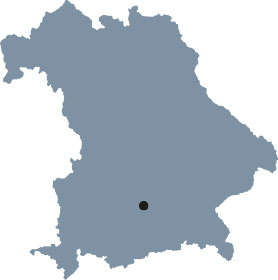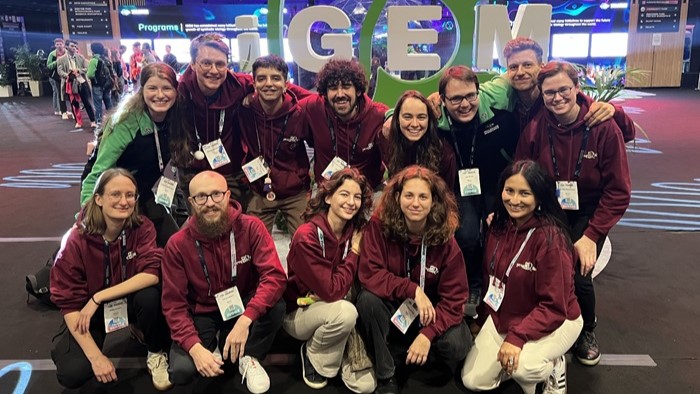Human Biology – Principles of Health and Disease
The Elite Graduate Program “Human Biology - Principles of Health and Disease” is an interdisciplinary, research- and competency-oriented program. Due to the societal challenges in biomedical sciences today, there is an ever-increasing demand for highly-skilled, qualified young scientists. The program is designed to meet this demand by educating distinguished students at the intersection of biology and medicine at the forefront of biomedical sciences.
| Degree | Master of Science |
| Duration of study | Four semesters |
| Place of study | Munich |
| Admission requirements | Bachelor’s degree with at 180 ECTS credits in biology or related subject with a written final research project of at least 10 ECTS-credits. |
| Language of instruction | English |
| Application deadline | February 28th |
| Begin of studies | Winter semester |
| Head | Prof. Dr. Heinrich Leonhardt, Prof. Dr. Thomas Gudermann |
| Coordinator | Irini Bassios Contact the coordinator |
| Further information | Website Human Biology – Principles of Health and Disease |
The Elite Graduate Program “Human Biology – Principles of Health and Disease” is characterized by excellent facilities for contemporary research in Munich and just outside of Munich at the modern HighTechCampus in Martinsried, where the main part of the study program takes place. Together the Faculty of Biology and the Faculty of Medicine represent a thriving research network whose outstanding research output is internationally recognized and which gives significant impulses to the basic research in biomedical sciences. All research projectsare within the scope of the five main topics of the Elite Graduate Program, such as “Cell Biology, Stem Cells and Epigenetics”, “Molecular Microbiology and Infection Biology”, “Molecular Oncology”, “Neurosciences” and “Cardiovascular and Lung Research”.
Students can also benefit from taking advantage of further teaching and research opportunities by tapping into the additional expertise of our collaboration partners. In addition to expertise, the curriculum includes interdisciplinary courses, in which students will have the possibility to choose courses based on their interests. In transferable skills courses, students will acquire cross-curricular abilities.


The new master’s program in the field of biomedical sciences organized by both the Faculties of Biology and Medicine allows us to offer our students a state-of-the-art and interdisciplinary study program by combining the best of two worlds.
Prof. Dr. Thomas Gudermann
The research-oriented Elite Graduate Program adresses highly motivated and dedicated students. Our aim is to prepare our students the best way possible to meet future challenges in a science-related professional career in the field of biomedicine.
Mentoring System
The Elite Graduate Program “Human Biology – Principles of Health and Disease” is accompanied by a comprehensive mentoring program. From enrollment until graduation, students will be supported by several people depending on their specific needs. Each student will be assigned a professor as a mentor, who will foster the development of both the personal and individual scientific profile.
Professors involved in this program are at the cutting-edge of their respective fields and have an international profile. During regular student-mentor meetings, students receive support in their scientific and personal career development.
Snippets of the program
iGEM Munich wins Best Diagnostics prize
A team of students from Munich developed InkSight, a tattoo-based diagnostic system, for which the team received the award for the Best Diagnostic project at the iGEM Grand Jamboree.
Read the report




